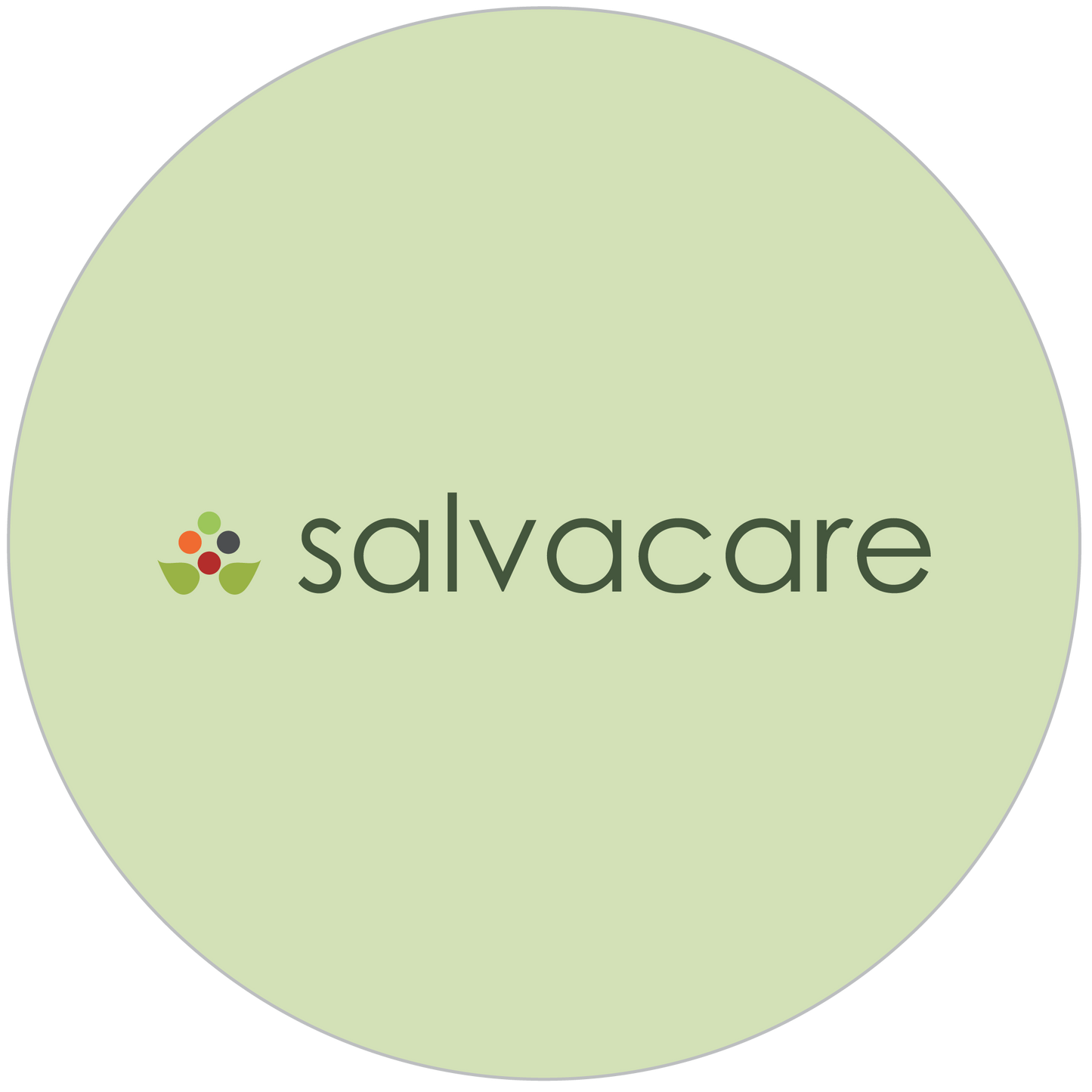This site is protected by hCaptcha and the hCaptcha Privacy Policy and Terms of Service apply.
If you love our products, you should check out...
Key Benefits / Features
- Supports cellular energy (ATP) production for both body and brain
- Contributes to mental focus, clarity, and concentration
- Helps support brain energy metabolism, particularly during stress or fatigue
- May assist cognitive performance, memory, and alertness in demanding situations
- Plays a role in muscular strength, endurance, and training capacity
- Supports post-exercise recovery and reduced perception of fatigue
- Contributes to healthy methylation processes through SAMe availability
- Suitable for vegetarians and those with lower dietary creatine intake
- Research suggests creatine may help maintain brain energy balance across all life stages
- Provides antioxidant support to help defend against oxidative stress
How to Use
Adults: Add one scoop ~3.7g to water or other beverage, mix thoroughly and drink, or as recommended by your healthcare professional.
Best with
- Neurostrol
- ZinZino
- Salvestrols
Links to studies
- Effects of creatine supplementation on cognitive function of healthy individuals: A systematic review of randomized controlled trials
- Oral creatine monohydrate supplementation improves brain performance: a double-blind, placebo-controlled, cross-over trial.
- Effect of creatine supplementation on body composition and performance: a meta-analysis
- Creatine monohydrate pilot in Alzheimer’s: Feasibility, brain creatine, and cognition
FAQs
1. Does creatine cause water retention? Creatine can increase the water content within muscle cells, which may slightly increase body weight. This is not usually harmful and is different from bloating or fluid retention under the skin.
2. Is creatine an anabolic steroid? No. Creatine is not a steroid or hormone. It is a naturally occurring compound that helps the body recycle energy (ATP) during short, intense activity.
3. Does creatine damage the kidneys? In healthy people, research has not shown creatine to cause kidney damage when taken as directed. People with existing kidney issues should consult their doctor before using creatine.
4. Does creatine cause hair loss? Evidence linking creatine and hair loss is limited. One small study found changes in certain hormone levels, but follow-up research has not confirmed a connection.
5. Does creatine cause dehydration or muscle cramps? Research does not support the idea that creatine increases dehydration or cramps. Some studies even suggest it may support hydration balance during exercise.
6. Is creatine safe for children and teenagers? Most studies are in adults, but some research suggests creatine is generally well tolerated in older adolescents. Parents should always seek advice from a healthcare professional before use.
7. Does creatine increase body fat? Weight changes after starting creatine are typically due to water and muscle, not fat. Research does not show creatine increases body fat when used appropriately.
8. Is a loading phase necessary? No. While a short loading phase can increase muscle stores more quickly, taking 3–5 grams daily without loading achieves similar results over time.
9. Is creatine suitable for older adults? Research has examined creatine alongside resistance exercise in older adults, with some studies reporting benefits for strength and muscle maintenance. As always, speak to your healthcare provider before starting supplementation.
10. Is creatine only useful for strength or power athletes? Creatine has primarily been studied for high-intensity and resistance-based activity, but it may also support recovery and general training performance. Its effects can vary between individuals and activity types.
11. Is creatine only effective for men? Creatine works in both men and women. Some studies suggest women may have slightly higher baseline levels, but both sexes can experience benefits when creatine is used alongside exercise.
12. Are other forms of creatine better than creatine monohydrate? Creatine monohydrate is the most researched and widely used form. Other types of creatine have not consistently shown better absorption or results. Creatine powder is most stable when mixed just before use.
Disclaimer
This information is provided for educational purposes only and is not intended to diagnose, treat, cure, or prevent any disease. Always seek advice from a qualified health professional before making changes to your supplement or exercise routine.



